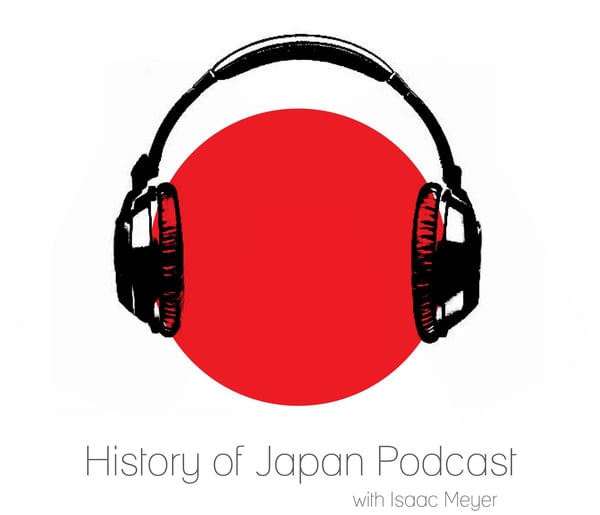Episode 558 - The Hack
History of Japan
Isaac Meyer
4.8 • 744 Ratings
🗓️ 20 December 2024
⏱️ 35 minutes
🧾️ Download transcript
Summary
This week, the story of an Edo period writer whose primary claim to fame was producing decent ripoffs of people far more famous and talented than him. What does a career like that tell us about the book market in premodern Japan--and more importantly about what we as people tend to look for in the things we read?
Show notes here.
Transcript
Click on a timestamp to play from that location
| 0:00.0 | Hello and welcome to the History of Japan podcast, Episode 558, The Hack. |
| 0:22.8 | This week, I want to focus our attention on an episode that I actually had planned to do initially |
| 0:27.5 | right after our discussion of Hizakudighe. |
| 0:31.1 | You might remember from a few weeks back that Tokai-do-chu Hisakudigye by the great comic author |
| 0:36.7 | Jipensha Iku is an example of the kind |
| 0:39.4 | of thing an average person in the Edo period, the height of pre-modern Japan, the final age |
| 0:44.7 | of feudal rule before the birth of the modern state, would have read for fun. At least, those who |
| 0:50.8 | could read, literacy was more widespread during the Edo period, which ran from |
| 0:55.5 | 1600 to 1868 than at any prior point in Japanese history, but a majority of the population |
| 1:02.2 | was still illiterate. Still, the main thrust of that whole episode a few weeks back was that |
| 1:08.2 | we could learn a lot from focusing not just on authors we |
| 1:11.1 | consider canonical, the famous and influential and the literarily recognized authors like, |
| 1:16.3 | say, Matsuo, but also on the popular. And there's definitely a lot we can learn about |
| 1:22.8 | the Edo period from talking about Jepenchaiku. In much the same way that, to borrow an example I used in that episode, |
| 1:29.3 | we can widen our understanding of early 20th century England by focusing not just on Virginia Woolf, but Arthur Conan Doyle. |
| 1:37.3 | The thing is, Gepenshaiku might not be that well known in the English-speaking world, but he does still have |
| 1:44.5 | a presence in modern Japanese culture. |
| 1:47.2 | It's not, in fact, just a coincidence that I compared him to Arthur Conan Doyle. |
| 1:52.8 | Like Sherlock Holmes, Kita and Yaji, the troublemaking vagrant heroes of Jepensha's work, |
| 1:58.5 | still appear in modern popular culture, in movies or manga, or what have you. |
| 2:03.5 | In fact, they appeared on the silver screen as recently as 2007 in a comedy called Three for the |
| 2:09.5 | Road in English, or in Japanese, Yaji Kita Doochu Teresco. |
... |
Please login to see the full transcript.
Disclaimer: The podcast and artwork embedded on this page are from Isaac Meyer, and are the property of its owner and not affiliated with or endorsed by Tapesearch.
Generated transcripts are the property of Isaac Meyer and are distributed freely under the Fair Use doctrine. Transcripts generated by Tapesearch are not guaranteed to be accurate.
Copyright © Tapesearch 2025.

